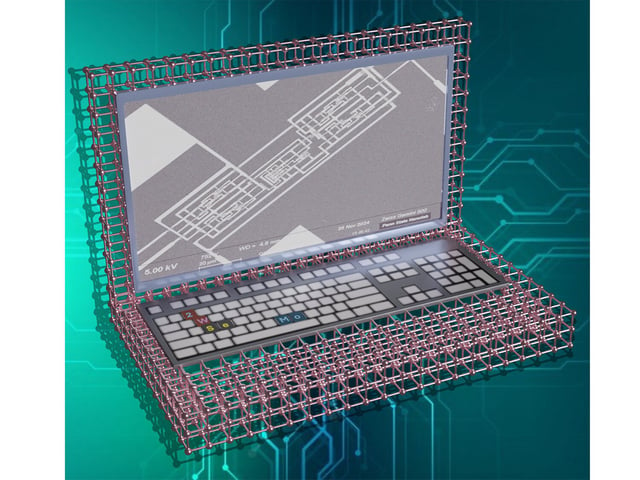Overview
- Researchers fabricated a complementary CMOS computer exclusively from 2D materials, using metal-organic chemical vapor deposition to grow large-area molybdenum disulfide and tungsten diselenide sheets.
- The prototype performs simple logic operations at frequencies up to 25 kilohertz while drawing minimal power from low-supply voltages.
- Over 1,000 n-type and p-type transistors were tuned through device fabrication and post-processing steps to create fully functional logic circuits based on a one instruction set computer architecture.
- A computational model calibrated with experimental measurements benchmarks its performance against silicon-based devices and highlights areas needing optimization.
- Published in Nature, the work underscores a significant step toward exploiting 2D materials for thinner, faster and more energy-efficient electronics.
